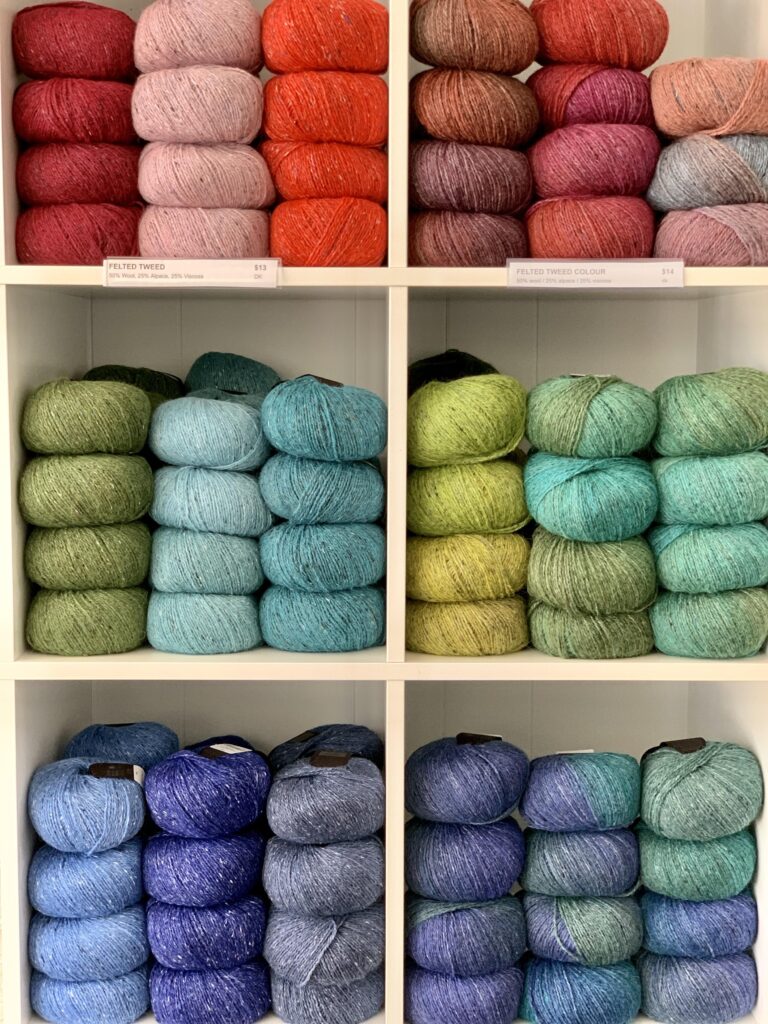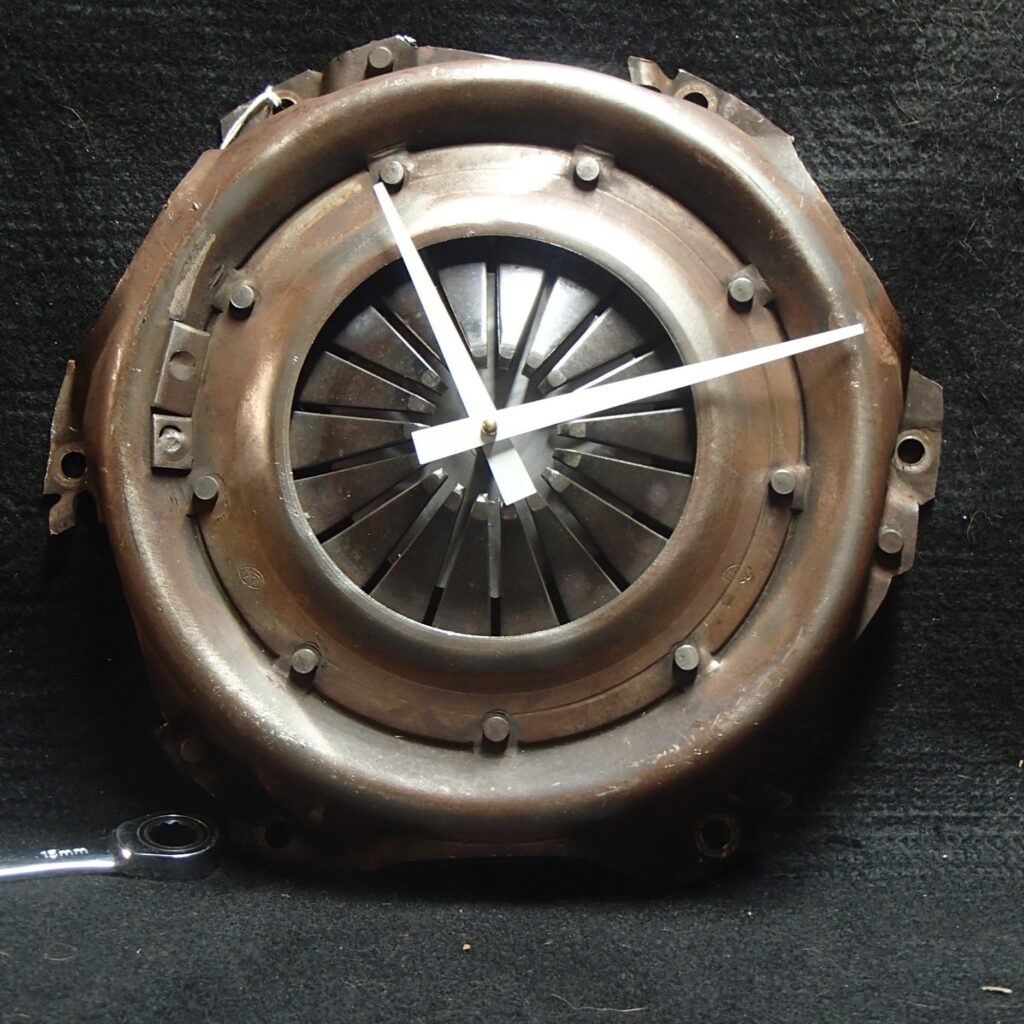I’m wearing spandex right now. No, I’m not at my computer in an Olympic leotard or even Lululemon athleisure. I’m wearing Levi’s jeans, and though they are almost all cotton, they have about 3% spandex, a kind of plastic, woven into them. The unfortunate fact that they have plastic in them prevents them from being recyclable.
Spandex, also known as elastane, is one of the synthetic fibers—like rayon, polyester and nylon—that are used to strengthen or alter natural fibers.. They are all made from fossil fuels, and require heavy-duty chemicals such as sulfuric acid, formaldehyde, dimethylformamide, dimethylacetamide and dimethyl sulfoxide. These and other chemicals that are used are suspected of all kinds of mayhem: cancer, liver damage, skin irritation and dizziness. Spandex also requires synthetic dyes, which also produce harmful pollutants. That makes my jeans a triple threat: a health hazard, an agent of climate change and a polluter of the world’s water supply.
But wait, it gets worse!
When textiles with plastics in them are washed, and even when they’re just worn, they shed microplastics. In addition to being toxic and potentially carcinogenic for humans, when microplastics end up in the ocean (which they do), they act as a magnet for organic pollutants like pesticides, and then these poisonous pellets are eaten by fish. Welcome to the food chain, yoga pants! Eventually we end up eating these same microplastics, and what exactly that does to us we’re not sure yet. A very recent study suggests a correlation between irritable bowel syndrome and the amount of microplastics found in peoples’ feces. Aside: Do we really need scientists scouring excrement to confirm that eating microplastics is bad for us? I guess we do …
Levi’s has made some overtures toward sustainability and circularity. They partnered with Blue Jeans Go Green, a non-profit founded by Cotton Incorporated (think, “the fabric of our lives”), and offered $20 off their next purchase to people who return their jeans to bins placed in retail outlets throughout the country. Those jeans are then shredded and used in other products, like insulation. That falls short of the idea of circularity—but, the logic goes, downcycling is better than the dump.
In an even more impressive display of technology, Levi’s partnered with a Swedish company called Renewcell, which can take post-consumer denim and mix it with a cellulose pulp to make a truly-recycled pair of jeans. However, this is only a sliver of the jeans they are producing, and it requires the post -consumer denim to be 100% cotton.
And that is the most important detail. Recycling clothing would be much simpler if we relied exclusively on natural fibers. Cotton, wool, flax (linen), hemp and silk are all biodegradable.
Our cover story demonstrates how resourceful our community is and what a sustainable textile industry could look like.
The industry could make local efforts so much easier if international standards or legislation was implemented to make synthetic fibers illegal, rather than relying on half-measures to appear sustainable.
It’s time we return to natural fibers and ban plastic pants.









Well you bought them, so you’re supporting the use of plastic, right?
Hi JHS, and Happy New Year! The funny thing is I didn’t actually buy them. They were a gift. But I don’t blame anyone who buys products like these that have negative impacts on the environment. People shouldn’t have to spend hours researching whether or not everything they buy is environmentally friendly. The responsibility is on the manufacturer, and when they inevitably do not take it, we need laws to protect the natural world we rely upon.
You didn’t know the specifics of what you were buying
Thank you for defending me, Lynne!
So true, and ignore "JHS" which stands for troll.
It is increasingly hard to find jeans that are affordable and only contain cotton. I’m a tall skinny dude and finally found Lucky Jeans as a brand that fit me well… but when I tried to buy some new ones, pretty much their entire line that I could tell had elastane or other synthetic stretchy stuff. Socks are even worse. Might make a good article highlighting brands that actually use all real stuff.
Can you imagine the reaction from the right if there were comprehensive legislation on the table to address the plastic crisis?
"Drill, baby, drill!" they chanted when considering fossil fuel responsibility.
At least "Stretch, baby, stretch" would sound ridiculous enough to make a few question what kind of chant their apocalyptic cult figure of the moment was leading.
Thank you, Ryan. I totally hear you. It gets complicated when you want something that fits and is produced with the environment in mind. Maybe we should do some buyers’ guides for jeans, and socks, too! Especially if we focused on where we can buy them locally. Thanks for the comment!